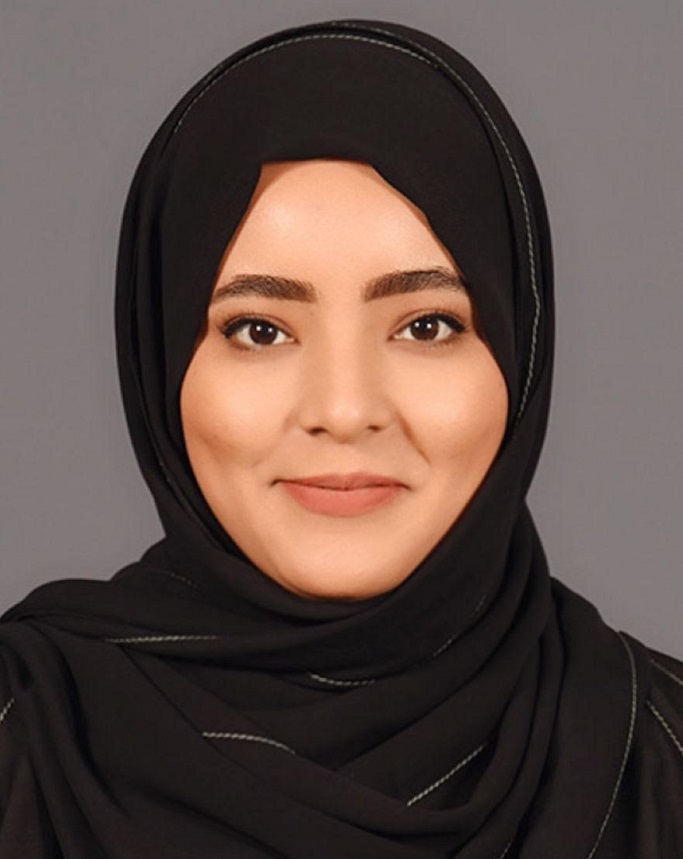
Muscat: A pioneering Omani research initiative is harnessing artificial intelligence and smart health technologies to address one of the world’s most pressing health challenges—obesity.
The project, titled “Development of Internet of Health Things (IoHT)-Machine Learning Based Smart Healthcare System for Prediction, Prevention and Control of Obesity in Children and Adults,” is led by Ms. Nabila Al Rashdi, Senior Lecturer at the College of Engineering, National University of Science and Technology. It is funded by the Ministry of Higher Education, Research and Innovation through its Block Funding Program.
Obesity is a leading risk factor for life-threatening conditions such as heart disease, diabetes, stroke, and cancer. To combat this, the research team has created a smart healthcare platform that integrates IoHT technologies with advanced machine learning. The system collects biometric data through wearable devices, health sensors, and electronic medical records to provide early predictions, preventive guidance, and personalized recommendations for obesity management.
According to Ms. Al Rashdi, the system can “predict the risk of childhood obesity with remarkable accuracy” by analyzing biometric indicators and electronic health records, particularly data collected from birth to age two. Among the machine learning models tested—including Random Forest, Support Vector Machine, and XGBoost—Logistic Regression achieved the highest accuracy, forecasting childhood obesity risk by age 10 with a precision of 97.09%.
Alongside its backend AI system, the project team also developed a mobile and web application that allows users to monitor health indicators such as calorie intake, weight, sleep patterns, and physical activity. The app provides tailored advice and tips to empower individuals in managing their health.
The platform’s expert system factors in age, gender, BMI, dietary habits, and activity levels to deliver real-time, evidence-based insights for both patients and healthcare professionals.
The research recommends integrating the smart platform into national health programs, especially to enhance early obesity detection in children. The team further calls for stronger collaboration between IoHT devices, mobile apps, and healthcare institutions to support more holistic care.
Looking ahead, the researchers emphasize the need for greater national investment in AI-powered healthcare, not only to refine predictive models but also to address privacy, personalization, and dataset diversity challenges. They also highlight the potential role of predictive insights in public health awareness campaigns to encourage healthier lifestyles.
Supervised by Dr. Varghese M.J, the team has submitted its findings to a peer-reviewed journal and is awaiting publication. This achievement positions Oman as a leader in digital health innovation, applying cutting-edge technologies to improve population health and fight chronic diseases.